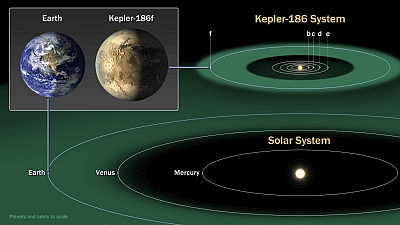The possibility that the ninth planet "Planet Nine" is a "free floating planet" captured by the sun

ByNagualdesign,Tomruen
There are eight planets around the sun Mercury, Venus, Earth, Mars, Jupiter, Earth, Mars, Jupiter, Saturn, Uranus and Neptune, but do you revolve a far place further away from Neptune? It is thought that "Planet X"is. In 2016, the California Institute of Technology of the United States announced that "We have found strong evidence that Planet X exists at the outer edge of the solar system"Planet NineHowever, according to the latest research, Planet Nine showed the possibility that "what originally existed outside the solar system was captured by the somewhere at some timing."
Mysterious Planet Nine May Be a Captured 'Rogue' World
http://www.space.com/35277-planet-nine-captured-rogue-exoplanet.html

For the unknown gigantic planet "Planet X / Planet Nine" with 10 times the mass of the Earth, thought to be present at a distance of approximately 1000 times the distance between the Earth and the Sun, I understand.
The possibility that the real ninth planet "Planet X" exists in the solar system rapidly emerged - GIGAZINE

This time, the novel was released by James Vesper, a student at New Mexico State University and Paul Mason, a professor of mathematics and physics science at New Mexico State University instructing Mr. Vesper. They have the solar system and various sizes and orbitsFree floating planetWe have done 156 simulations on encounter of.
A free floating planet is a celestial body floating in outer space without having a main star, while having the same mass as that of the planet, but being ejected from the formed stars. According to a simulation conducted by Vesper et al., 60% of the solar system and free floating planets encounter, even if a free floating planet enters the solar system, it will be flicked out later. However, in the remaining 40%, after the free floating planet entered the solar system, it remained in the solar system as it was. At this time, by entering the free floating planet into the solar system, the existing planet will not be ejected. It depends on the nature of the free floating planet whether the free floating planet will be flicked off once it enters the solar system or will remain in the solar system.
Vesper et al. 'S simulation also showed that the solar system is unlikely to encounter a larger free - floating planet than Neptune. It is thought that a giant free floating planet greatly destroys the balance of the solar system, but its possibility is denied.
According to Vesper, Planet Nine released in 2016 coincides with the orbit of a free floating planet. Meanwhile, Mr. Vesper emphasized that the origin of the free floating planet has not been elucidated even by the simulation performed this time.
The above simulation was held in Texas on January 6, 2017229th Meeting of the American Astronomical SocietyThere are also researchers who dispute the view that Planet Nine is a free floating planet. However, Mike Brown, who conducts research at the California Institute of Technology, has not actually confirmed its existence, but in the first half of 2017 he sees that there will be big discoveries about Planet Nine.
Related Posts:
in Science, Posted by darkhorse_log






